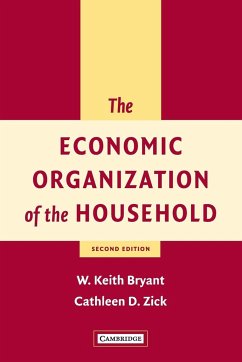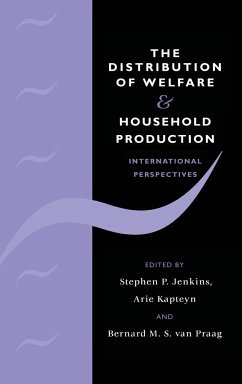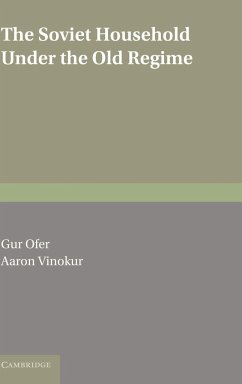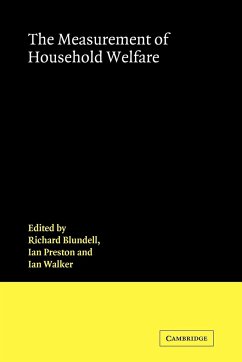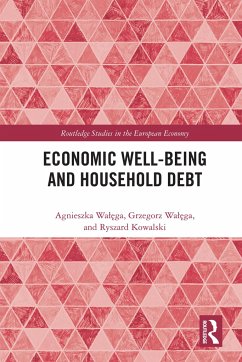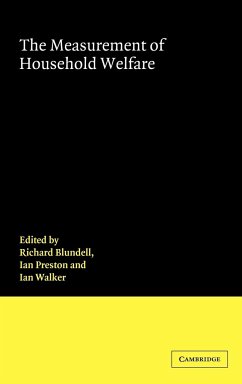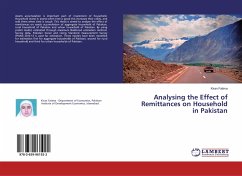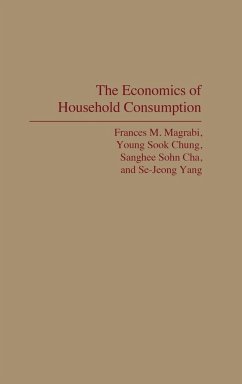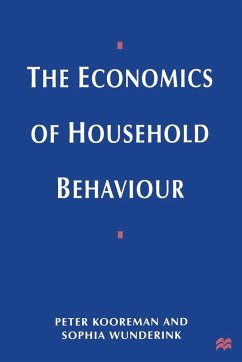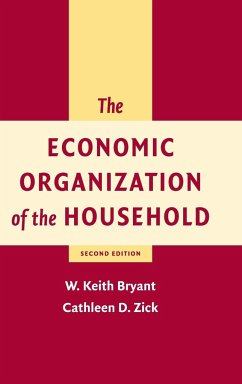
The Economic Organisation of the Household

PAYBACK Punkte
53 °P sammeln!
The second edition of this text surveys the entire field of the modern economics of the household including current economic explanations of demand and expenditures, consumption and saving, how and why people spend their time the way they do working in the market, in the home and in leisure activities, their investments in education and health, fertility behavior including our-of-wedlock births, marriage and divorce. While the focus is plainly on the American experience, the theories can be applied to behavior in settings in other countries.





